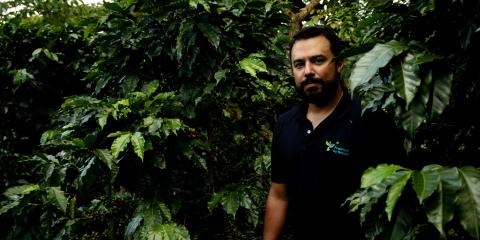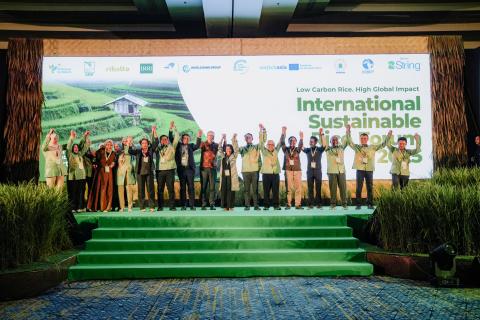These are our recommendations for sustainable biomass
Where should our biomass originate from and how do we ensure that it is produced sustainably? In Denmark, lawmakers are preparing to introduce restrictions on biomass imports.
Denmark is increasingly using imported biomass to cover its needs for energy and heat. Using biomass as part of the green transition is fully in line with the UN recommendations. There is no doubt, however, that biomass which is not produced sustainably can have serious consequences for the nature, climate, and people.
In connection with the negotiations on a new law on biomass, NEPCon therefore recommends the following:
* that a strong emphasis is placed on the protection of nature values, local communities, and indigenous peoples
* that the requirements cover all biomass used in Denmark
* that the requirements and international certification schemes that a large part of the forest, wood and biomass sector already has incorporated in their supply chains are adhered to
* that uniform requirements apply to both domestic and foreign biomass
* that operational requirements are made to ensure climate sustainability for the biomass, which ensures that residual wood is used, and that the biomass does not originate from areas where forests are converted to other uses
* that the requirements ensure cost-effective control measures
As the Climate Council has stated, there is both good and bad biomass, and we look forward to legislation that will ensure that the measures that have already been launched will cover all biomass and effectively exclude poor biomass from the Danish market.
“Denmark cannot cover its growing need for biomass itself and therefore imports relatively large quantities from abroad. Therefore, it is also crucial that strict requirements are set for the biomass to be produced sustainably to ensure that nature, local communities and climate are not negatively impacted,” says Michael K. Jakobsen, Regional Director of NEPCon - Preferred by Nature in Western Europe.
He points out that one should focus on the areas where the problems exist:
"Our recommendations cover precisely the areas where we see the challenges and ensure that we can prioritize Denmark's efforts in the right places," he says.
“We believe, for example, that certification schemes can be improved when it comes to protecting forests of high conservation value, by introducing a ban on using roots and stumps for biomass from forests, and by ensuring that dead wood with high conservation value is left in the forests,” says Michael K. Jakobsen.



